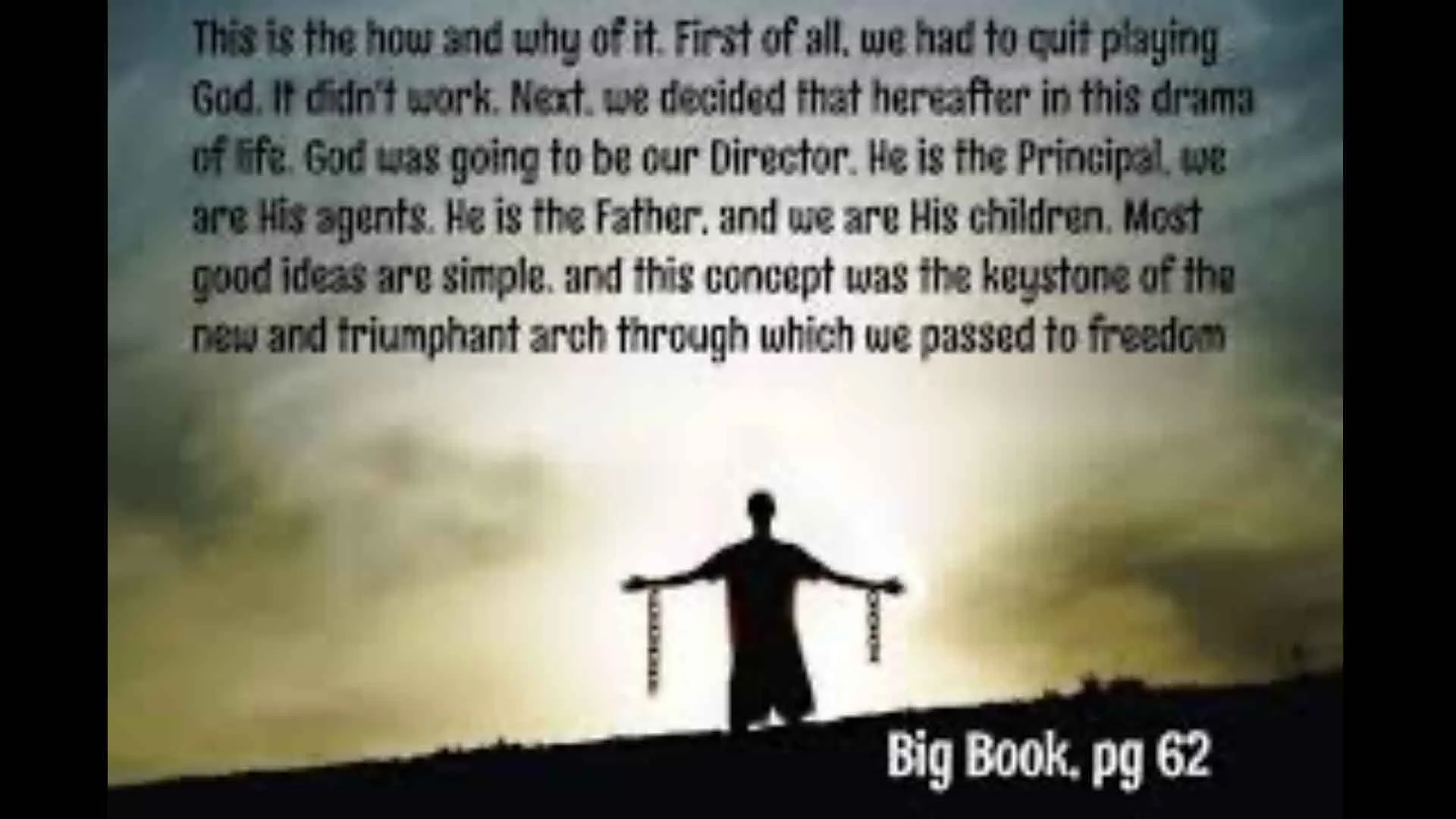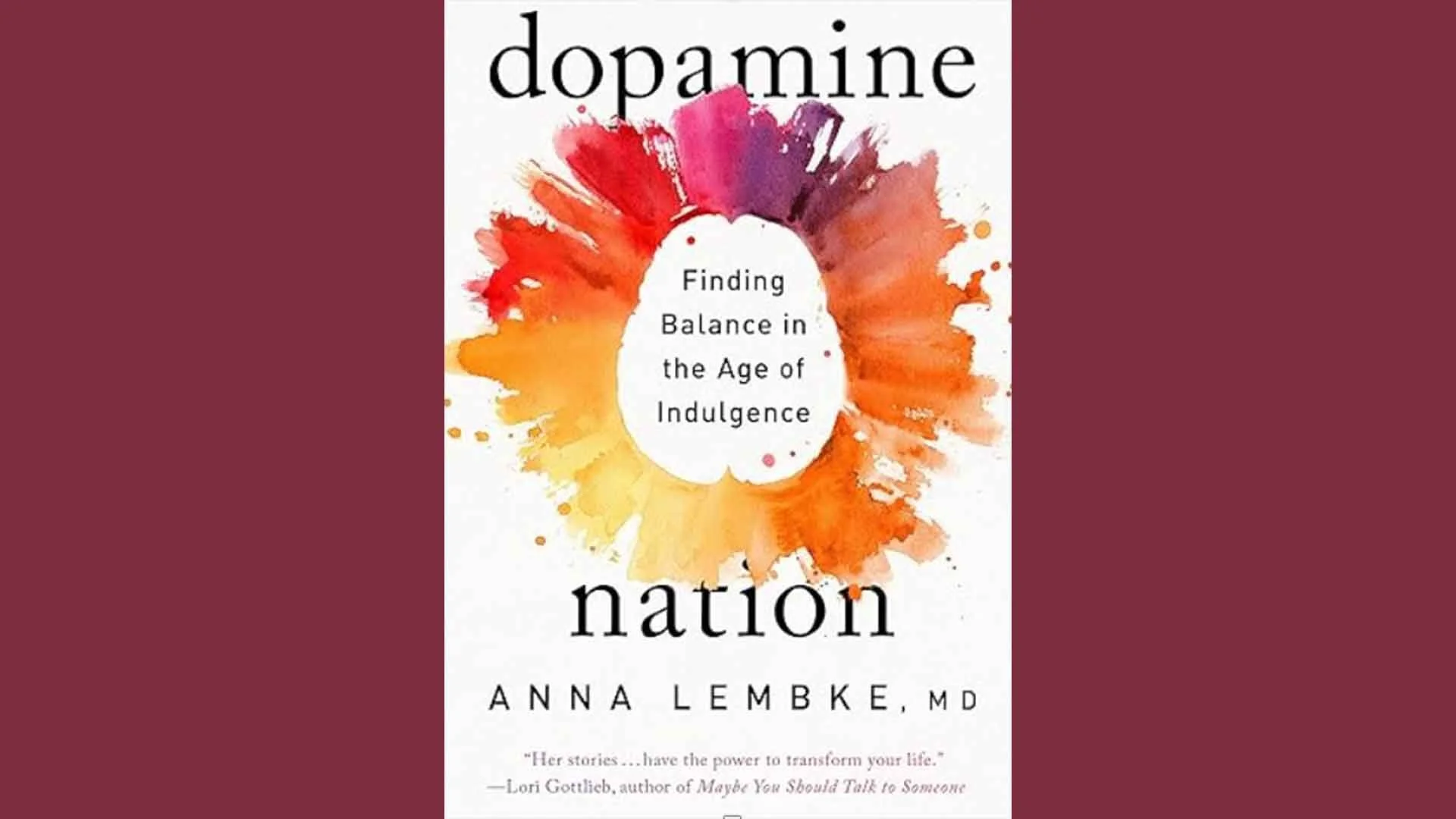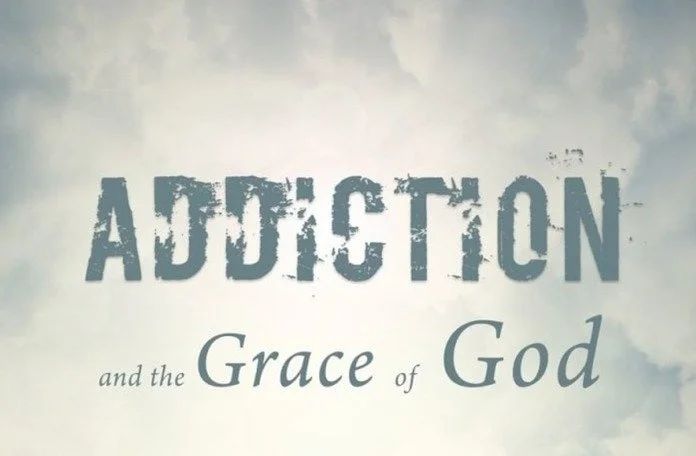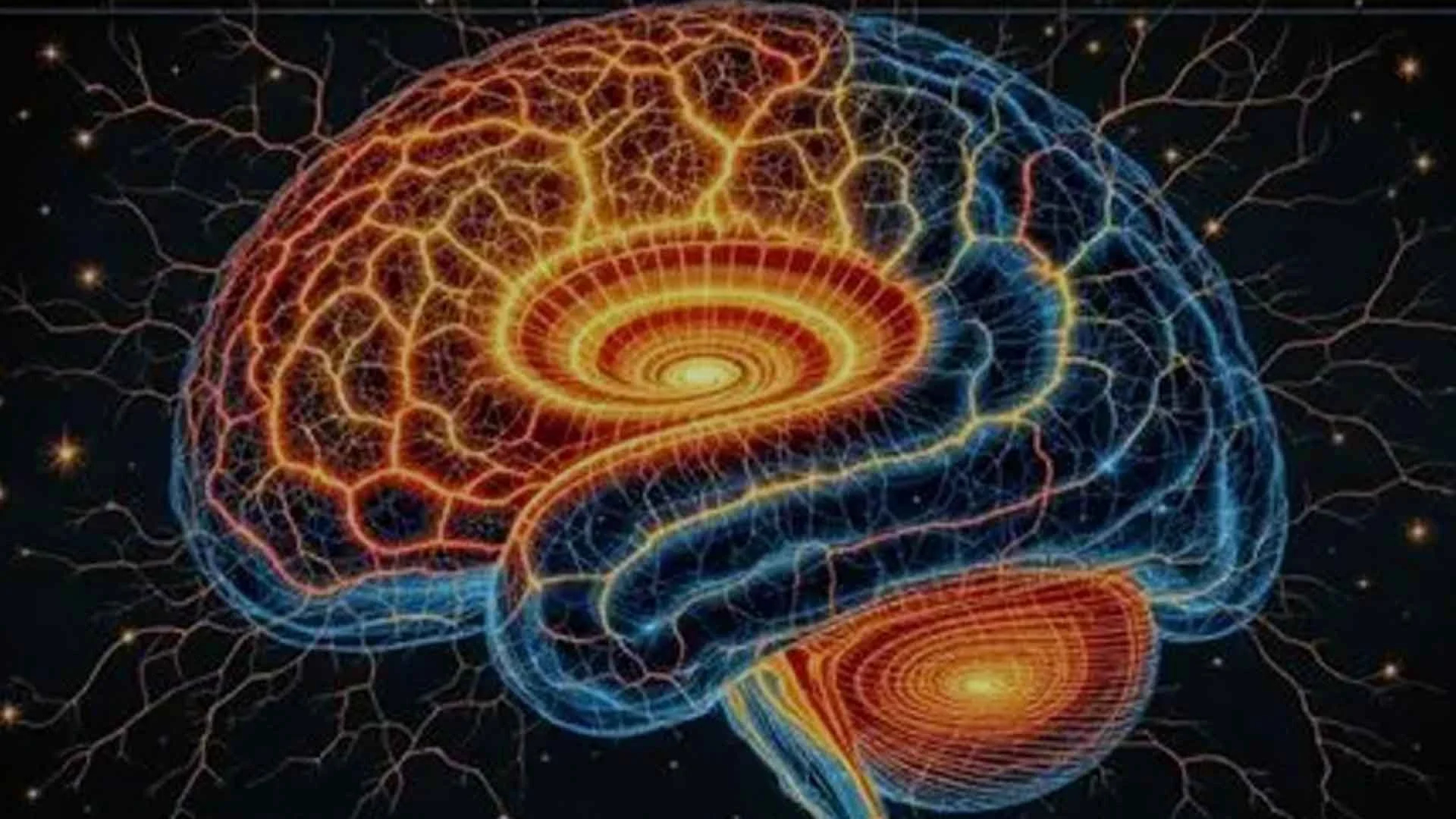Meeting Calamity with Serenity
This paper examines two historically distinct yet structurally convergent spiritual frameworks—the Twelve-Step program of Alcoholics Anonymous and the Chassidic theology of R. Shneur Zalman of Liadi’s Tanya—as clinical resources for patients confronting catastrophic illness. Both traditions address the fundamental problem of how human beings meet calamity: the disintegration of control, the assault on identity, and the summons to a posture beyond mere coping. Drawing on the Twelve-Step dictum that serenity emerges through surrender to a Higher Power and the Tanya’s insistence that concealment serves as the engine of spiritual ascent, we propose a dual-axis model for what we have elsewhere called “hermeneutic medicine”—an approach that treats the patient not as a problem to be solved but as a sacred text requiring interpretive wisdom [1,2]. The Twelve-Step axis offers ego-disarmament and radical acceptance; the Chassidic axis offers ego-reorientation and transformative joy. Together, they constitute a comprehensive clinical spirituality that addresses the therapeutic needs of patients across a spectrum of psychological readiness, from the newly diagnosed to those engaged in mature existential reckoning. We argue that this integrated framework provides clinicians with a theologically grounded yet clinically pragmatic vocabulary for the work of accompanying patients through illness, and that it corrects the spiritual minimalism of biomedical reductionism without falling into the spiritual overreach of premature metaphysical consolation.



















